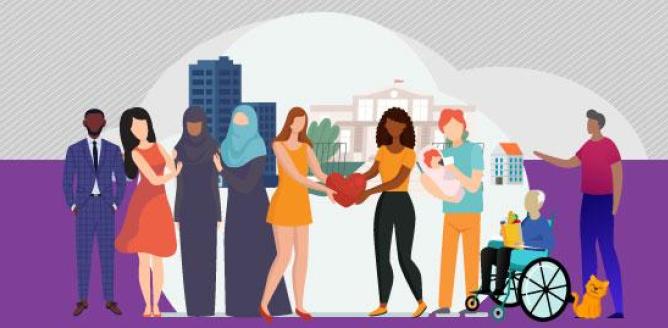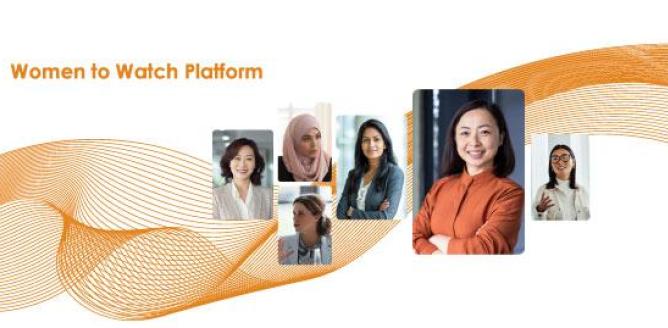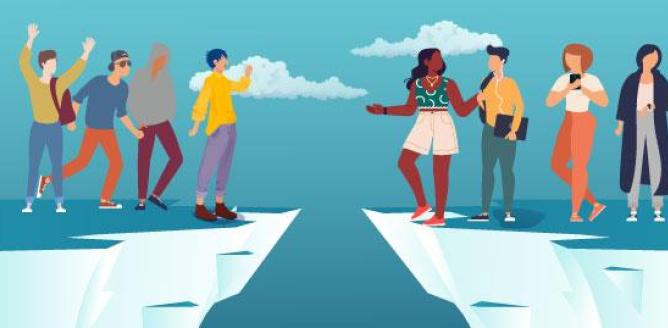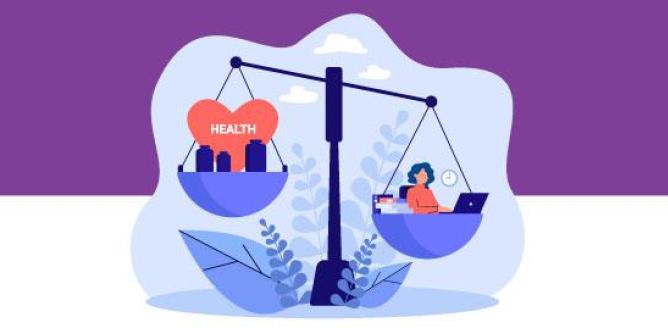Although the announcement of the phased approach to the relaxation of COVID-19 restrictions came as a relief to many, we know there is still a long road ahead to recovery. We hope you all are still prioritising your own mental well-being and engaging in daily activities that bring you calm.
On Monday, we commemorated the International Day for the Elimination of Racial Discrimination. COVID-19 has underscored just how deeply entrenched racial bias and discrimination is in Hong Kong. During the height of the fifth wave, there were many instances of ethnic minorities being wrongfully blamed for bringing COVID-19 to Hong Kong and shunned in public spaces. There were delays in translating pandemic-related policies and measures beyond Chinese and English causing confusion and heightening risk among minority communities that rely on information in other languages. Women and girls faced particular challenges from increases in forced marriages due to economic hardship brought on by the pandemic to increased abuse cases and illegal termination of employment for Migrant Domestic Workers.
Even before the pandemic, we know that racial bias and discrimination was rife in the community, and this is compounded by gender. Girls from ethnic minority backgrounds have much lower educational attainment than their male or Chinese counterparts. This disparity is closely linked to poverty, and ethnic minorities are the poorest population in Hong Kong, with 1 in 5 living below the poverty line. Women from minority groups often face specific barriers in seeking help for issues around sexual violence and abuse, and some have particularly low workforce participation levels, such as Pakastani women at 19%.
These are just a few of the many issues that women and girls from racial and ethnic minority backgrounds face. These issues also intersect with other factors such as residency status, sexual orientation, religious beliefs, abilities and age, among others.
So how do we build a more racially inclusive city? Here are three ways to start:
- Learn more about the issues. UNESCO offers a free series of webinars addressing racism, discrimination and exclusion and actions to take to combat these issues, including a COVID-19 specific series. Closer to home, listen to this TEDx talk by HKU Professor Puja Kapai on “Rise against racism” or podcasts such as Homegrown, which documents the black expatriate experience in Hong Kong and Asia.
- Check your own assumptions and bias. This toolkit on Every Day Actions for Equality from Resolve Foundation is a good place to start.
- Do the work and be an ally. Harvard Business Review offers some examples of what this looks like in the workplace and Racial Equity Tools provide guides on engaging in allyship in public and private spaces.
At TWF, we support targeted policies and measures to address some of the critical issues faced by minority women and girls, and are committed to building more targeted intersections between race and gender in our programmes, initiatives, research and communications. Let’s celebrate the strengths of Hong Kong’s diversity and take action to ensure all of us, particularly women and girls from minority communities, have access to the same protections, resources and opportunities, so that we can build an inclusive city for all.
Get in touch at Fiona.Nott@twfhk.org.





















